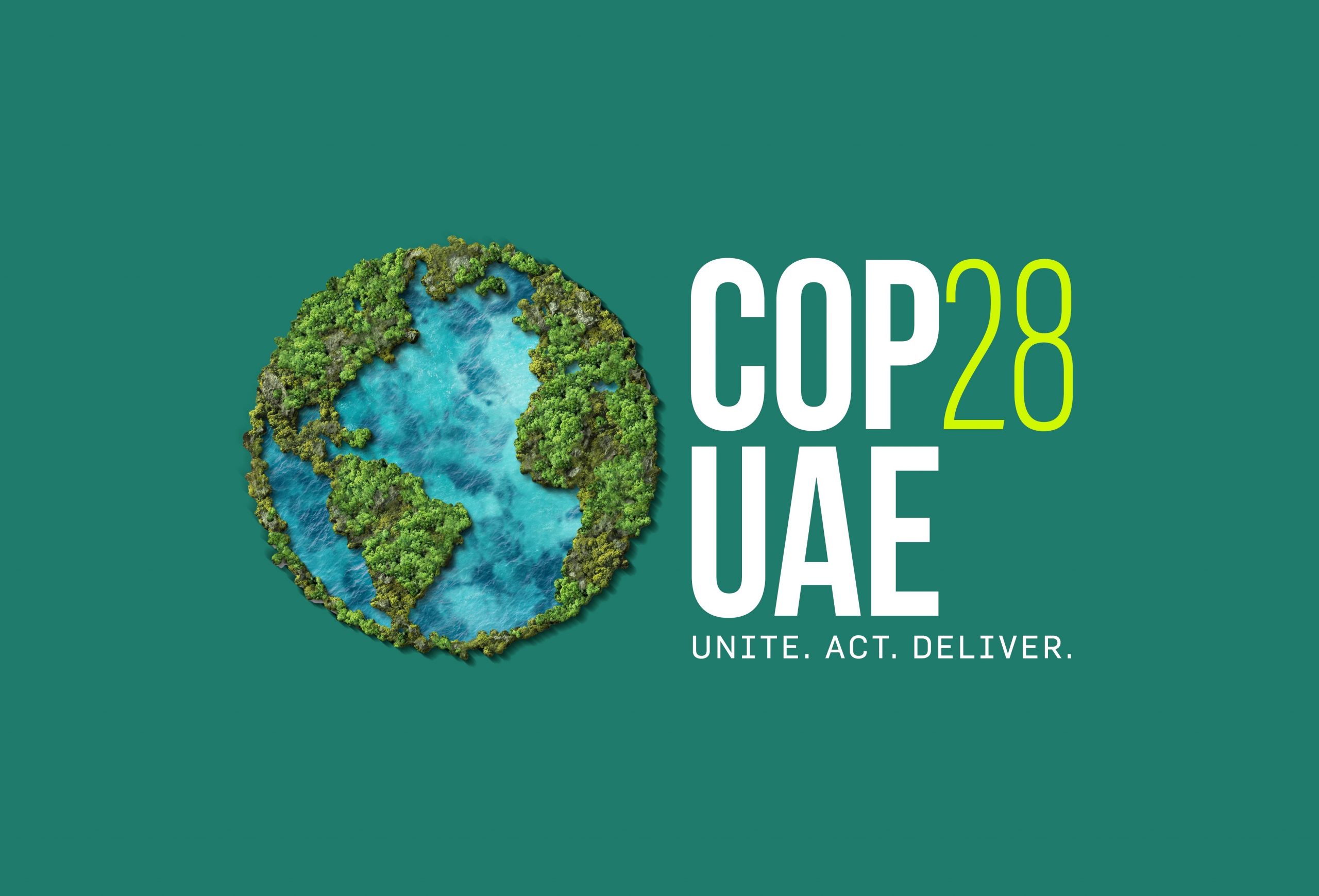The high temperature records we have witnessed this summer alongside the wildfires and the devastating floods in the Mediterranean and across the world prove more than ever that climate change poses one of the key security risks for people. At the same time, it brings governance frameworks under severe stress through its effects on food security, migration, water scarcity, biodiversity loss and natural disasters. Climate change is a powerful threat multiplier exacerbating existing vulnerabilities.
The scientific community has warned of the risks of insufficient preparation. It has also highlighted that the cost of inaction is far greater than the cost of prevention. After three decades of international climate meetings, we cannot pretend that we don’t know what is required to face climate change. It requires cooperation, bold financial support, in particular for the most vulnerable, and breaking our fossil fuel addiction with a quick shift to clean energy. In the meantime, we should also strengthen our capacity to adapt to the devastating impacts of climate change that are already happening, by building resilience in our societies, our cities, our infrastructures and the productive economic sectors.
How can we address these challenges in a world of increasing polarization and competition, now aggravated by the ongoing conflict in Gaza?
When we define short term priorities, we need to recognize where the last climate summit left us. In Sharm-El-Sheikh funds for loss and damage were at the center of discussions and the international agreement to establish a new fund is an important step, even though many key aspects remain to be fleshed out. However, COP 27 was also marked by multiple crises and the shaken confidence of the developing world in the multilateral process. It seems that there is a credibility gap, which is likely to worsen, particularly regarding emissions reductions. This is because political priorities have shifted after the attack of Russia in Ukraine and the conflicting goals have emerged between energy security and climate change mitigation. Many countries, including Greece that had decided to jump-start their green transition after the COVID-19 pandemic, have since opted to delay coal phase-out or even invested in new fossil fuel extraction activities and new infrastructures in order to secure their energy needs. If we really want to achieve the 1,5 °C goal, we must acknowledge that there is no room for new fossil fuel activities.
The conflict in Gaza complicates an already delicate process ahead of important climate talks. Can COP 28 deliberations focus only on technical issues of climate policy -such as implementing existing commitments and pledges, updating the 2030 targets and back them up with real action, delivering promised financial resources to the most vulnerable-, and leave aside exchanges on the ongoing war? This would be a wise approach.
Sustainability and resilience are key for prosperity across the world. However, ambitious climate action as well as resilience-building measures require a minimum of local stability. Promoting peace is an important prerequisite for making climate policy a success. The real question is how to move beyond the overwhelming challenges of the past to think more pragmatically about identifying concrete possible solutions for the future. After all, climate policy is peace policy.
*Professor at the NKUA, UNESCO chairholder on climate diplomacy, and senior policy adviser at ELIAMEP



